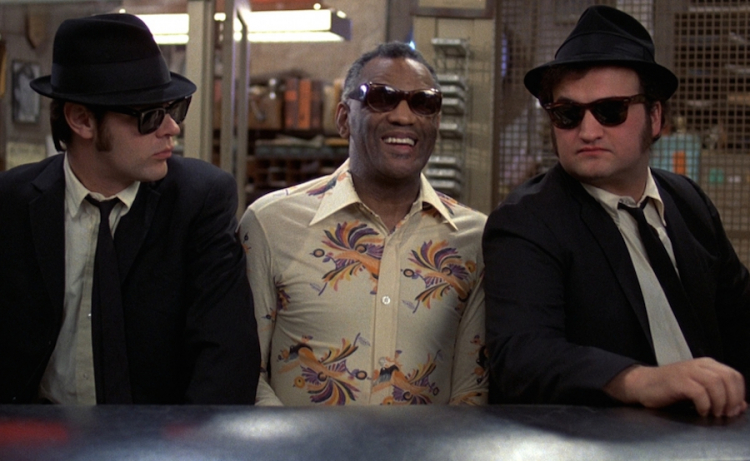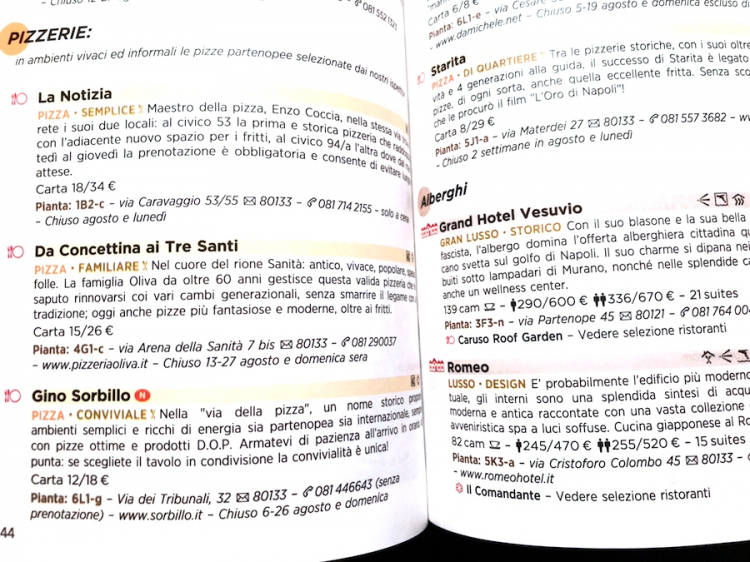After lots of talking, some facts; reality after the dream. With a certainty: the Michelin Guide continues to praise Italian cuisine. And deep inside we, Italians, are annoyed because once again we must admit that our cousins are a million times better than us at marketing and communication.
A new 3-star, Norbert Niederkofler in Alta Badia; three new 2-stars, Andrea Aprea in Milan, Matteo Metullio also in Alta Badia, and Alberto Faccani in Romagna. Twenty-two new restaurants with a single star and a minimum number of demotions. And these in fact were not all for demerits. Carlo Cracco, for instance, is closing in Milan at Christmas in order to reopen maybe in January, maybe in February. Why leave two stars as if nothing was going to happen? So failings were seven in total and not the usual twenty – also due to some economic failures. A sign that the recession is hurting the industry less, and people are once again using their money.
![Christoph Bob with Michael Ellis. For the German chef, who moved to Italy years and years ago, an eternal missed star until the 16th November, one could use the same huge sign Napoli fans used in Stadio San Paolo in May 1987 to celebrate the first time they won the Italian championship: «Scusate il ritardo» [Sorry I’m late]](https://www.identitagolose.it/public/images/xmedium/christoph-bob-2017.jpg)
Christoph Bob with Michael Ellis. For the German chef, who moved to Italy years and years ago, an eternal missed star until the 16th November, one could use the same huge sign Napoli fans used in Stadio San Paolo in May 1987 to celebrate the first time they won the Italian championship: «Scusate il ritardo» [Sorry I’m late]
It was an all-time high: from 334 starred restaurants to 356 in the space of one year. Only France, obviously, has more. And all the 356 stars are at work because it used to be that after the guide was completed in early September, some restaurants would then close in October and November, though the website didn’t say. This is the limit of paper in an era dominated by online speed.
Many forecasts, and mostly mistaken. Indeed at one point everyone was sure a new triple-star was to be announced, the ninth, but who? A dozen people were named and Niederkofler was among them. But many thought it would be someone from the south, like Nino Di Costanzo. Or a southern chef working in the north, like Antonino Cannavacciuolo or Antonio Guida. Or Mauro Uliassi, in the Marche, for whom many imagined a leap like for Norbert. Or nothing.

In the 2018 Red Guide, under Lecce, Michelin says they prefer the Bros' Brothers to the ever famous Blue Brothers but there was no star for Floriano Pellegrino. In the photo, a scene from the film. Left to right: Dan Aykroyd, Ray Charles and John Belushi
The
Michelin Guide continues to surprise, more than once. They pay no attention to what the competition says and take their own route. Hard to say that Bibendum is copying. For sure nobody expected
Aprea,
Faccani and
Metullio to reach two stars, not even them. And
Riccardo Camanini on Garda or
Matteo Baronetto in Torino keeping a macaron just like Fabio Abbattista with none in Franciacorta.
Twenty-five happy faces at Teatro Regio in Parma and no woman. This is against the tide because there’s a growing attention and women chef are acquiring increasing space. Twenty-five chefs were promoted but the map they trace stops in Roseto degli Abruzzi on the Adriatic coast and Sorrento on the Tyrrhenian one. How can it be there’s nobody in Apulia, Calabria and Sicily? Perhaps if they had made more careful visits, more daring choices?

Pizzerias in the 2018 Michelin Guide in the pages dedicated to Naples
For instance the text presenting the debut of
Bros’ in Lecce oozes enthusiasm, it’s the promise of a star («Instead of the
Blues Brothers we prefer
Bros’ Brothers»). Given how hard it is to serve high quality food all year round far away from the big cities, and given some setting stars, I would have been daring.
Finally the pizza issue. As anticipated by curator Sergio Lovrinovich to Scatti di gusto early in November, no star was given to the most typically Italian and most beloved Italian dish across the world. In the Indian reserve created in Naples, Gino Sorbillo appeared but seven pizzerias are still a minimal presence... One swallow in February would make more of a summer. And nothing in Caiazzo either. The town near Caserta simply doesn’t exist, it’s almost as if they’re trying to show that the planet is mistaken when praising Franco Pepe.
When asked the reasons behind the assigned stars,
Lovrinovich said: «The same for every dish: 1. Quality of the raw materials; 2. Cooking techniques; 3. A cuisine of character; 4. Consistency across time; 5. Price and quality ratio». I think it’s a super poker, a list of five rules that perfectly fits Pepe in grani and
Simone Padoan’s Tigli, Enzo Coccia’s La Notizia, Matteo Aloe’s various Berberè restaurants as well as
Renato Bosco’s Saporé, or what the Salvo brothers are building, on different tracks. Perhaps one could apply what
Helenio Herrera said of
Gianni Brera in the Sixties when he insisted that Inter deploy
Giacinto Facchetti as wing, without having him start from defense: «You’re right, but then they’d say I let a journalist tell me what to do».
Translated into English by Slawka G. Scarso